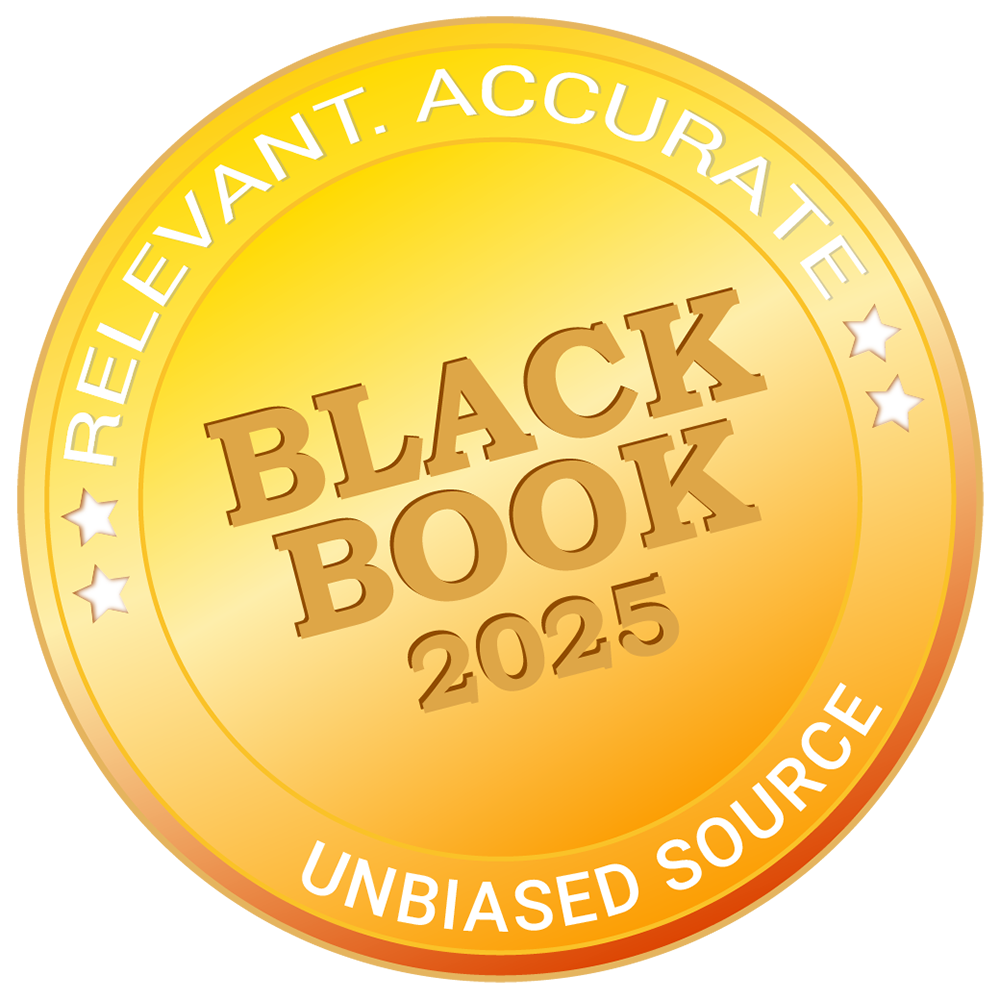Frontline Provider Feedback Since 2011 Accelerates Digital Health Transformation, Cuts Burnout and Elevates the Clinical Experience
NEW YORK CITY, NEW YORK / ACCESS Newswire / July 16, 2025 / Fourteen years after the first major wave of hospital Electronic Health Record (EHR) adoption, Black Book Research's latest clinician insights confirm a transformative shift in digital health experiences. Black Book polling derived directly from nearly 130,000 hospital-based clinicians since 2011 reveals significant advancements in EHR usability, workflow integration, and overall clinician satisfaction. These enhancements have emerged not from backend metrics or analyst benchmarks but from structured, actionable feedback defined by the frontline healthcare providers themselves.

Since Black Book's initial surveys during the Meaningful Use era, clinician satisfaction with EHRs has improved dramatically from just 11% reporting a positive experience in 2011, to 87% in 2025. This progress marks a decisive turning point in healthcare's digital evolution.
From Mandate to Optimization: Clinicians Lead the Way
The 2025 survey results illustrate a remarkable shift from early-stage EHR frustration to proactive collaboration among clinical staff, IT departments, and hospital leadership. Feedback collected across 18 structured Key Performance Indicators (KPIs) from diverse clinical roles including registered nurses, physicians, hospitalists, pharmacists, therapists, radiology and lab technicians, and clinical support staff demonstrates how hospitals have realigned digital systems to support the real-world needs of their care teams.
Dramatic Improvements in Usability and Navigation
In 2011, 92% of clinicians cited EHR navigation and interface inefficiencies as major barriers to care. Today, 87% report significant improvements in screen layouts, task flow clarity, and clinical data accessibility. Notably, 78% of clinicians confirm that user experience enhancements were implemented directly in response to frontline feedback.
Workflow Alignment Matches Real-World Needs
In 2013, only 14% of clinicians believed their EHRs supported their actual clinical workflows. In 2025, that figure has soared to 90%, with clinicians noting system improvements that better reflect interdisciplinary collaboration and patient care complexity.
Documentation Tools Transition From Burden to Benefit
Once cited by 76% of clinicians as the top contributor to administrative overload, documentation tools have seen major reinvention. Today, 93% say innovations like templated notes, voice dictation, and intelligent data entry features have improved both speed and accuracy of documentation.
Downtime Response and IT Support: Faster, More Effective
Confidence in system reliability and IT collaboration has grown. In 2025, 70% of clinicians report significant gains in incident response and downtime communication. Satisfaction with IT-clinician partnerships has increased 59% since 2019 in hospitals that invested in collaborative support models.
Reducing EHR-Related Burnout
Burnout tied to EHR systems peaked in 2017. Although 24% of clinicians still cite EHRs as a burnout contributor, that number reflects a dramatic decline. Hospitals that routinely track clinician-defined KPIs have reported a 61% reduction in EHR-related burnout sentiment over the past five years.
Training Evolves Beyond Traditional Classrooms
Training approaches have evolved alongside technology. Clinician satisfaction with EHR training jumped from just 9% in 2012 to 88% in 2025, driven by peer mentorship programs, role-specific modules, and continuous digital skill-building tailored to clinical workflows.
Clinician-Defined KPIs: Setting a New Standard
The 18 clinician-driven KPIs tracked by Black Book represent a maturity in how hospitals evaluate technology performance. These metrics prioritize usability, workflow fit, and emotional impact including intuitive screen layouts, seamless documentation, efficient ordering, alert fatigue, repetitive task load, and responsiveness of IT support. Black Book regularly involves panels of clinicians in improving and keeping KPIs relevant to date.
Clinician Involvement: Transformational, Not Optional
Hospitals that actively include clinicians in EHR design and decision-making are seeing the strongest satisfaction improvements:
48% of clinicians participated in redesigns, optimization projects or pilot testing, up from 39% in 2023
88% say their feedback was recognized and acted upon
77% now feel included in digital health decisions, compared to just 4% in 2011
This shift reflects a fundamental change in healthcare technology governance - clinicians are no longer passive end-users; they are essential co-creators of the systems that shape modern patient care.
About Black Book Research
Black Book is the healthcare industry's leading independent research and polling firm, committed to capturing the authentic voices of frontline healthcare professionals. We are especially grateful to the tens of thousands of physicians, nurses, therapists, technicians, and other care team members who voluntarily participate in our surveys each year, all without remuneration, the solicitation of their health systems' vendors or incentives. Their unfiltered insights are instrumental in driving meaningful improvements across the healthcare technology landscape.
Black Book conducts extensive outreach through professional associations, user groups, direct engagement, and independent survey panels to ensure broad and representative clinician input. We maintain strict objectivity, holding no financial interest in any of the thousands of healthcare IT vendors we gather evaluations and feedback on. More information and gratis industry reports are always available at www.blackbookmarketresearch.com.
Contact Information
Press Office
research@blackbookmarketresearch.com
8008637590
SOURCE: Black Book Research
View the original press release on ACCESS Newswire:
https://www.accessnewswire.com/newsroom/en/healthcare-and-pharmaceutical/130-000-clinicians-15-years-of-insights-black-book-surveys-reveal-maj-1049159
